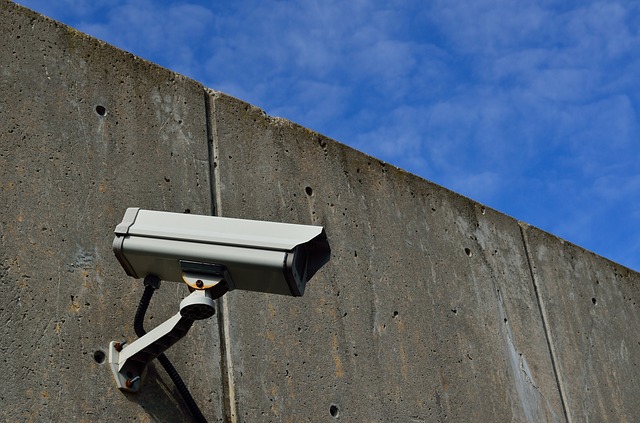For families of nursing facility residents, being able to remotely monitor their loved ones can bring peace of mind during a difficult period. But for skilled nursing operators, families installing cameras in sensitive areas can open the door to a variety of legal problems — including the violation of federal wiretapping laws.
Only 11 states currently have laws on the books specifically allowing the use of so-called “granny cams” in nursing homes and other long-term care facilities, but according to lawyer Tim Ford, the momentum is in families’ favor.
“The times are changing,” Ford, a partner at the firm of Einhorn Harris in New Jersey, said during a presentation at the American Health Care Association’s annual conference and expo in San Diego last month. “I think it’s going to be very difficult for a lot of long-term care facilities to deny a family’s ability to record video in their room.”
In states without firm laws, long-term care providers are generally allowed to make their own rules involving the use — or prohibition — of cameras in resident rooms, with some legal or regulatory guidance from the legislature.
But even among the 11 with explicit guidelines, each state’s laws are different, bringing an added layer of complexity for operators that may have buildings in multiple states. For instance, under Louisiana’s recently enacted granny-cam legislation, nursing home operators must inform patients of their right to install cameras in their rooms at admission, with the resident or family responsible for supplying the equipment.
The resident also must follow certain rules, such as notifying the nursing home of the camera and keeping the recording device in a fixed location. He or she must also receive consent from any roommates, which could cause logistical problems for the operator: If the roommate doesn’t agree to being recorded, the facility then may have to provide alternate accommodations.
In general, Ford cited negative headlines about resident abuse at nursing homes as a key driver of these initiatives across the country.
“Other than health care associations and the small lobby of nursing homes, there’s not going to be a lot of resistance to it, because it’s hard to take a position against capturing or catching people abusing or neglecting elderly people,” he said. “Not a lot of legislators are going to do that, particularly not in an election year.”
But lawmakers’ good intentions aren’t always necessarily compatible with federal laws regarding privacy, which specifically touch on medical facilities under HIPAA — along with more general restrictions against surreptitiously monitoring conversations.
“A lot of legislators don’t really understand all of the issues,” he said. “They don’t understand some of the federal requirements as well. A lot of these state statutes and regulations would be trumped by federal law. HIPAA will generally control what happens in those circumstances.”
There’s also the matter of federal wiretapping laws, which prevent people from listening into conversations without the parties’ consent. It may seem extreme, but Ford emphasized that those laws could technically apply if residents or staff are overheard discussing sensitive, non-care-related issues by family members monitoring their loved ones from multiple states away.
“So that’s a big deal — particularly if you’re in two different states. Camera’s in California, and then son or daughter is in Nevada,” Ford said. “Two different jurisdictions; that’s the federal wiretapping law.”
In order to protect an operator from potential litigation, Ford stressed the need for clear policies about the use of monitoring equipment in their facilities — and not just a single meeting with staffers. Each company’s stance on the issue should be clearly spelled out in employee handbooks and resident contracts, and signed by all parties, to ensure that everyone is on the same page.
“It’s important to have policies. Take a stance and stick to it,” Ford said. “You can’t just sit out there floating in the wind, waiting for a resident to come to you when they want to discuss this.”
Written by Alex Spanko



